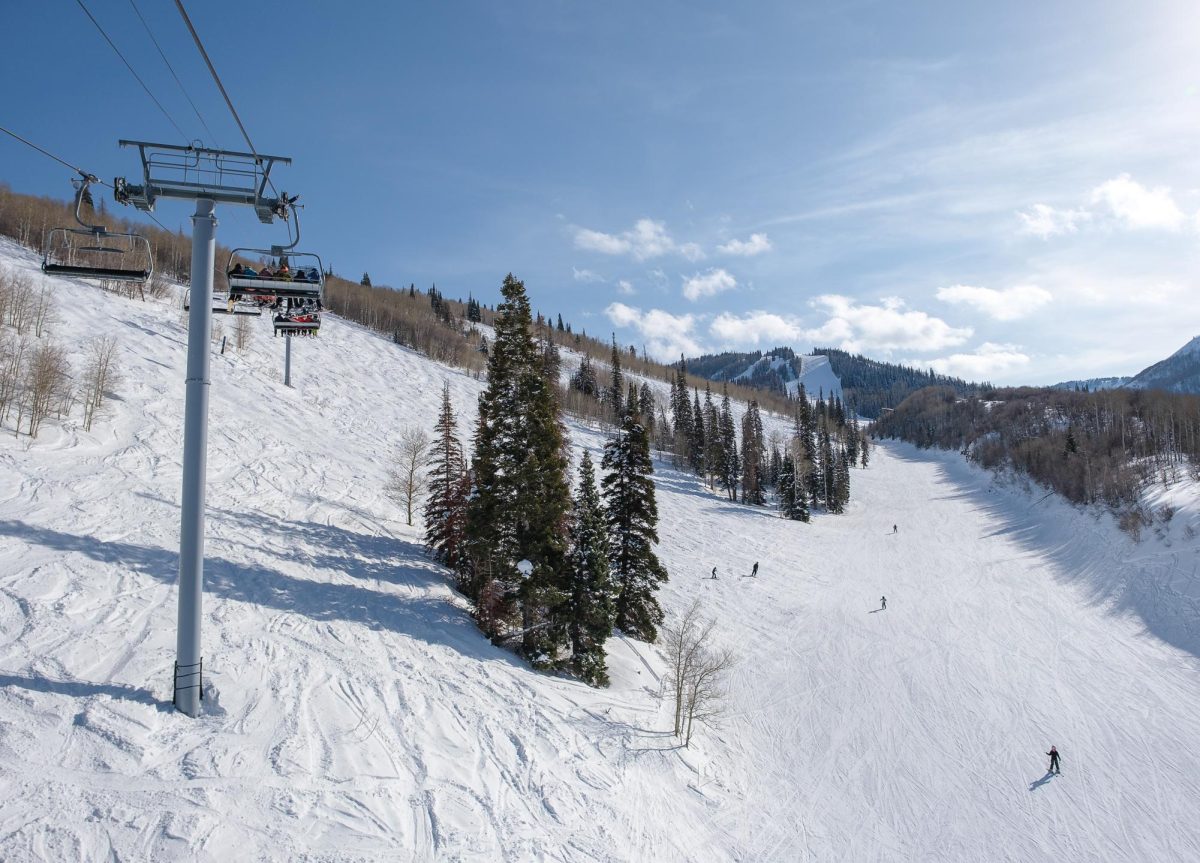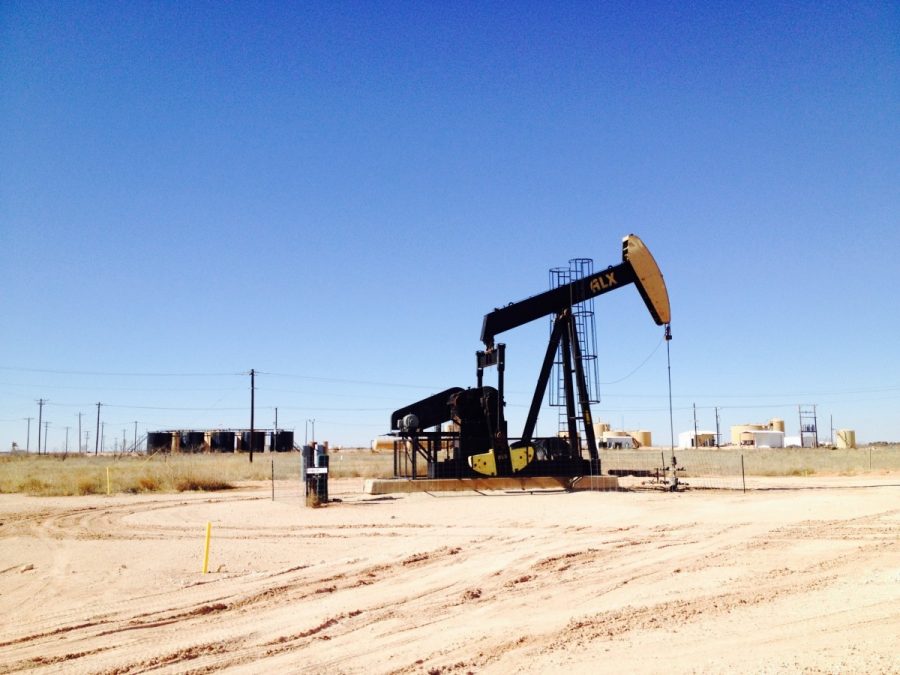Kanab is a city located along the Arizona-Utah border, where the Southern Red Sands mining company is currently seeking water rights from the city. The water would be used as a major component for the proposed mining operation to acquire, process and transport a naturally occurring quartz sand commonly referred to as “frac sand.” The mining claim by Southern Red Sands is located just outside of Coral Pink Sand Dunes State Park, a unique geological treasure holding 15,000-year-old Navajo sandstone particles. If approved, the 1,200-acre-feet per year of water needed by Southern Red Sands to process the particles — in exchange for 40 direct jobs — is a deal that will direct Kanab towards dehydration.
The mined sand, combined with fluids and chemicals, would be used solely for injection into the Earth’s crust to aid in the release of fossil fuels elsewhere — primarily oil and gas. This invasive technique, in the name of nonrenewable energy, is also known as hydraulic fracking. Besides the clear environmental harm of global climate change that largely stems from fossil fuel consumption, degradation from fracking also includes the excessive amount of water needed to do it, the mixing of that water with chemicals for injection and possible pollution from leftover wastewater after the oil and gas have been seized.
It’s clear that hydraulic fracking has its own account of environmental injuries, but the issue of frac sand is not often spotlighted. This might be in part because sand appears to be an abundant resource, and the impacts of mining it are not always apparent. For example, the transportation of the sand, to oil and gas development in places like Uintah County requires significant energy inputs for the voyage. The water needed to mine the sand, the loss of habitat when the sand is removed and the air pollution from processing the particles are harmful costs themselves. These costs arise from a seemingly straightforward and insignificant procedure on the land.
Sand mining is often low on the totem pole of environmental priorities in terms of activism and conservation policy — and to some, it may even seem irrelevant. However, it’s important to understand that without this critical input, fracking wouldn’t happen in the first place. The connection that frac sand has to the larger picture of nonrenewable energy development must be emphasized alongside the already mentioned singular impacts of sand mining. Interrupting hydraulic fracking as a whole is a much larger — and more difficult — policy aim for environmentalists. It could be a better policy route for conservationists to try to prevent the smaller, essential cogs like frac sand from succeeding in places like Kanab, Utah.
It’s as a simple as this — no sand means no fracking. For this reason, the Kanab City Council should reject Southern Red Sands’ request for a water agreement. Along with the desire to prevent the standalone harms from mining, Kane County should reevaluate their commitment to short-term economic projects like mining frac sand. The rejection should come easily, especially when one recalls that Utah has been the second driest state in the country in the past. Maybe it’s not the best move for the city councils in some of the most arid positions on the planet to provide excessive water in exchange for a few dangerous jobs.



















Katherine Christensen • Aug 14, 2019 at 2:03 pm
The officials of the city of Kanab and Kane County have betrayed their own community.
Claudia Brescia • Jul 31, 2019 at 8:18 pm
You are right on target. Clear and concise and to the point. I agree! I was at the city council meeting when the subject was discussed. It was clear from the start that the council had already made up their minds and were giving lip service about their willingness to listen to the about 250 people that were in attendance. They “allowed” 3 minutes each to anyone who wanted to speak. Of the 25o only 2 or 3 said they wanted it, among them Mike Noel. After everyone spoke, the council had it’s say and then voted to sell OUR water for the frac sand project. It was a complete and utter circus!